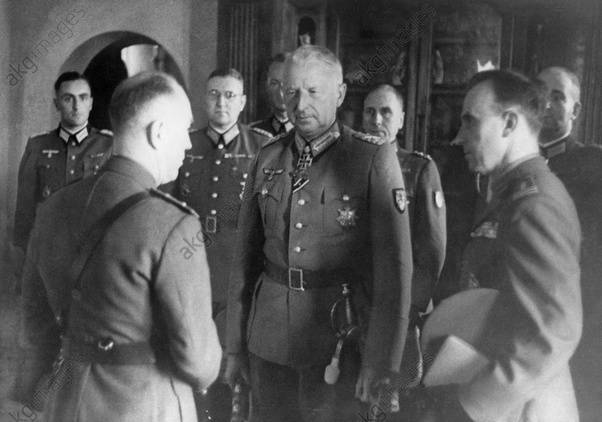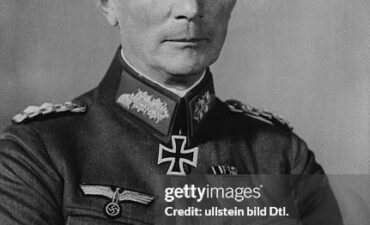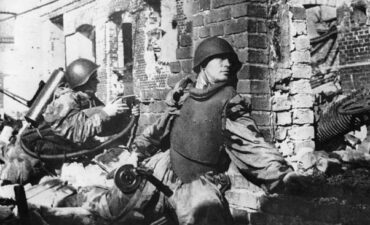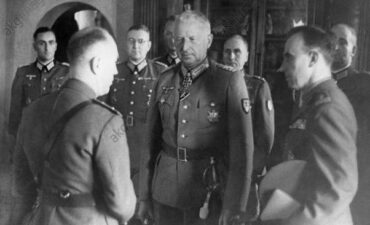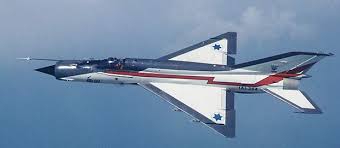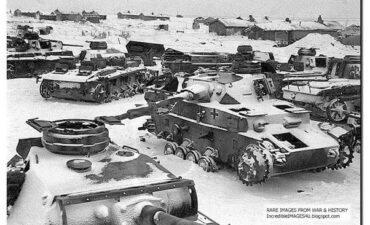Who do you consider to be the superior German general: Von Manstein or Rommel?
Who do you consider to be the superior German general: Von Manstein or Rommel? Both Field Marshal Erich von Manstein and Field Marshal Erwin Rommel were among the most notable German generals of World War II, each excelling in different ways. Evaluating who was “superior” depends on the criteria—strategic brilliance, tactical innovation, adaptability, or leadership style. Here’s a breakdown:
Erich von Manstein:
Strategic Vision: Von Manstein is widely regarded as a master strategist. His most famous contribution was the development of the “Sichelschnitt” plan, which successfully led to the encirclement of Allied forces during the Battle of France in 1940.
Operational Genius: His ability to maneuver large armies in complex situations, like during the Third Battle of Kharkov (1943), showcased his grasp of operational art.
Strategic Constraints: Von Manstein often operated within the constraints of Hitler’s flawed strategic directives but was skilled at exploiting operational opportunities.
Criticism: He was sometimes seen as overly reliant on traditional large-scale maneuvers and less focused on logistical sustainability, which limited his long-term effectiveness on the Eastern Front.
Erwin Rommel:
Tactical Brilliance: Rommel earned the nickname “Desert Fox” for his daring and innovative tactics during the North African Campaign. He excelled at leading from the front and inspiring his troops.
Adaptability: His ability to operate effectively despite limited resources and logistical challenges in the harsh conditions of the desert made him an exceptional tactician.
Leadership Style: Rommel’s charisma and willingness to take calculated risks endeared him to his troops and the public alike.
Criticism: While tactically brilliant, Rommel lacked the strategic depth and understanding of larger operational considerations that von Manstein possessed.
Comparative Analysis:
Strategic Mastery: Von Manstein surpasses Rommel in strategic innovation and the ability to execute large-scale operations.
Tactical Prowess: Rommel’s tactical ingenuity in the field often overshadowed his lack of strategic focus.
Legacy and Context: Rommel’s association with the North African theater and his role in resisting Hitler in 1944 (Operation Valkyrie) give him a more heroic aura. Von Manstein, by contrast, was a more traditional Prussian military figure, respected for his professional skill but less politically distinctive.
Conclusion:
If judged by strategic acumen and overall military impact, von Manstein might be considered superior. However, if tactical ingenuity, resourcefulness, and leadership in adverse conditions are the criteria, Rommel could take the lead. Both generals were exceptional in their respective domains.
